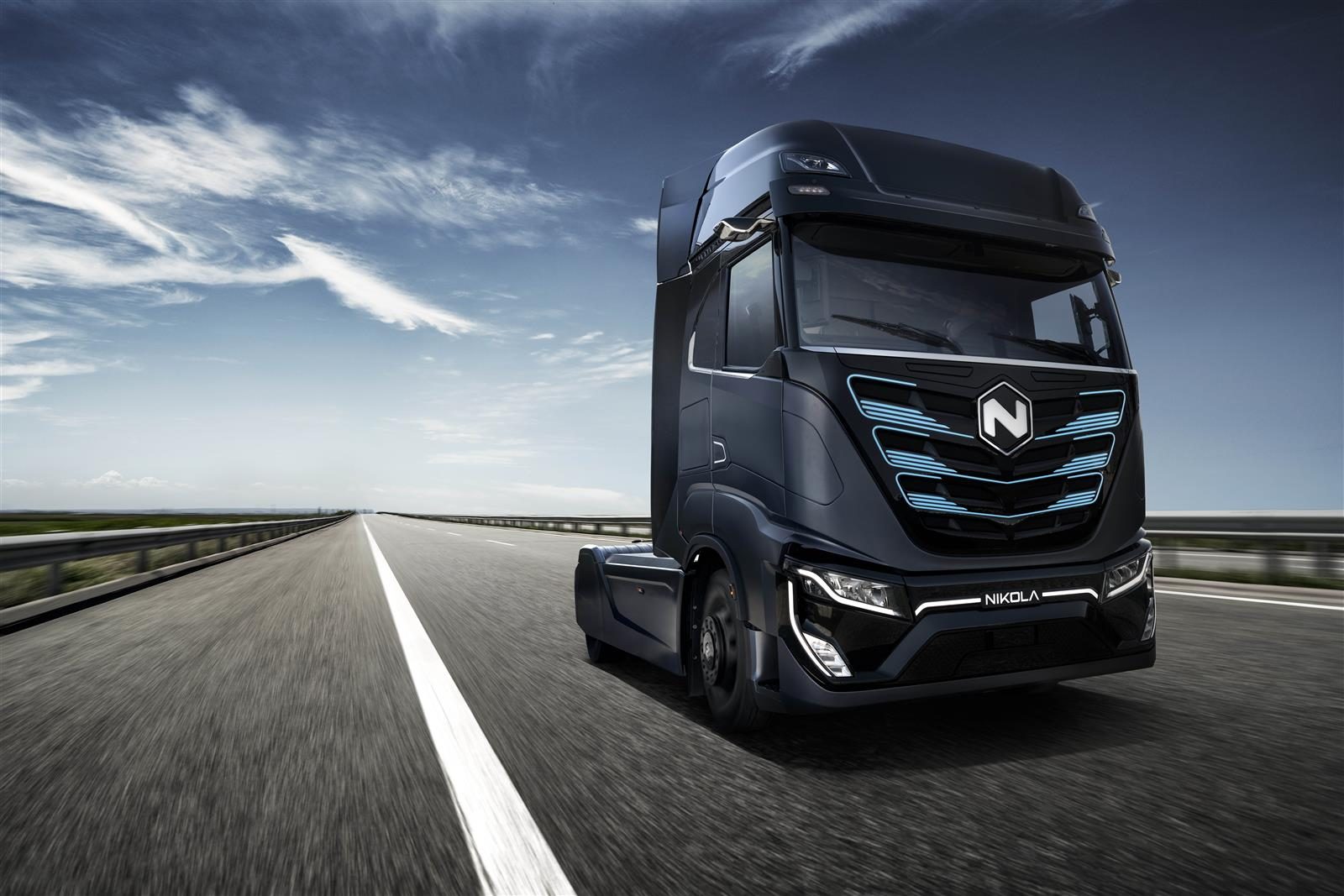
Iveco and FPT Industrial, the commercial vehicle and powertrain brands of CNH Industrial N.V., and Nikola Motor Company will manufacture, through their European joint venture, the Nikola TRE in Ulm, Germany, at the Iveco manufacturing facility.
This partnership saw CNH Industrial taking a US$250 million (NZ$387m) stake in Nikola as the lead Series D investor. The partnership announcement in September 2019 was quickly followed in December with the unveiling of the Nikola TRE, a battery electric vehicle (BEV) heavy-duty truck, which is the first step towards the fuel-cell electric (FCEV) model.
The site in Ulm is Iveco‘s chassis engineering hub, situated at the heart of the Baden-Württemberg region, which is striving to become a leading hub for fuel-cell mobility thanks also to its skilled workforce and research labs. The region has committed a substantial investment to fund research and development projects in the area, which has a strong automotive industry, with strategic project partnerships, meaning the Ulm facility will benefit from close proximity to key suppliers.
Furthermore, the German Federal Government recently released its draft National Hydrogen Strategy, which has the aim of expanding the pioneering role of companies in hydrogen technologies. In this strategy, it commits a total of €2 billion euro (NZ$3.4b) to fund the hydrogen innovation programme, including the development of the necessary distribution infrastructure.
“Our European joint venture with Nikola and this announcement is real proof that zero-emission long-haul transport is becoming a reality, resulting in tangible environmental benefits for Europe‘s long distance hauliers and its citizens,” said CNH Industrial CEO Hubertus Mühlhäuser. “The decision to build the Nikola TRE in Ulm – a centre of heavy-duty truck engineering excellence – underscores the site‘s strategic location at the heart of Germany‘s fuel cell technology cluster.”
In the first stage of the project, €40 million (NZ$68m) will be invested by the joint venture company to upgrade the manufacturing facility, which will focus on final assembly of the vehicle. Production is expected to start within the first quarter of 2021, with deliveries of the Nikola TRE beginning in the same year.
“The Nikola TRE is proving to be the most advanced articulated truck in the world and will continue to set the standard for zero-emission vehicles today and in the future,” said Nikola Motor Company CEO Trevor Milton. “The decision to volume produce the TRE in the city of Ulm is a fitting example of how to create jobs, foster innovation, provide certainty to new zero-emission part suppliers and serve as an example to other OEMs. The world is ready for zero-emission freight transportation, and the joint venture between Nikola and Iveco will be the first to deliver. I look forward to seeing the first production vehicles come off the line.”
The first models to enter production will be the battery-electric 4×2 and 6×2 articulated trucks with modular and scalable batteries with a capacity of up to 720 kWh and an electric powertrain that delivers up to 480 kW of continuous power output.
The Ulm facility will receive module supplies from Iveco‘s manufacturing locations in Valladolid and Madrid, Spain, which will enable a rapid ramp up to meet expected customer demand. Fuel-cell electric versions, built on the same platform, will be tested under the EU-funded H2Haul project during 2021 for an expected market launch in 2023.
The Nikola TRE currently in development is based on the new Iveco S-WAY platform and integrates Nikola‘s truck technology, controls and infotainment. Testing is expected to begin in mid-2020 with prototypes showcased at the IAA 2020 commercial vehicle exhibition in Hannover, Germany this September.
This joint venture forms part of a wider partnership established with Nikola to accelerate industry transformation towards emission neutrality of Class 8 heavy-duty trucks in North America and Europe through the adoption of fuel-cell technology.




